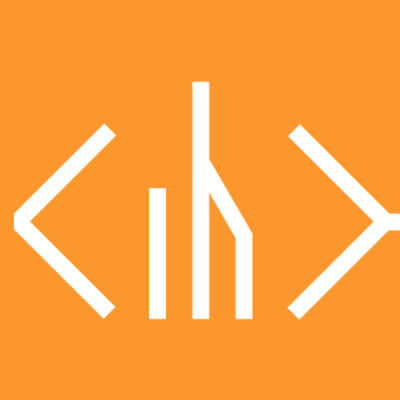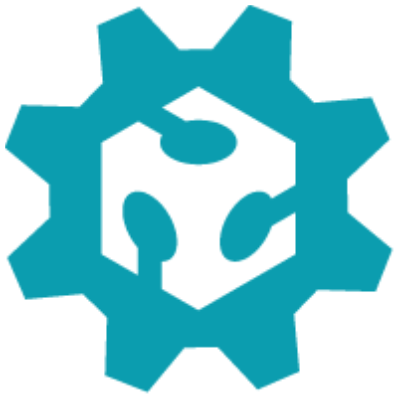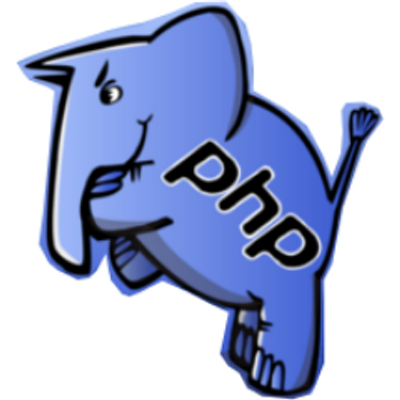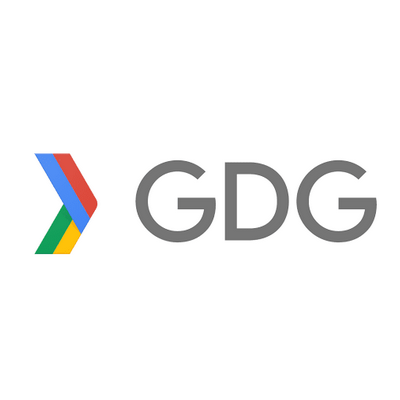Gruppi
Associazioni, gruppi informali, collettivi e agglomerati che animano l'ambiente torinese.
Torino IoT Meetup
28/01/19 — Magic Monday

Torino IoT Meetup
Mozilla Torino
21/05/20 — Gruppo di studio Rust

Mozilla Torino
Machine Learning Meetup Torino
07/03/22 — Free OPEN Passes to DeveloperWeek 2022 (Feb 2-9)
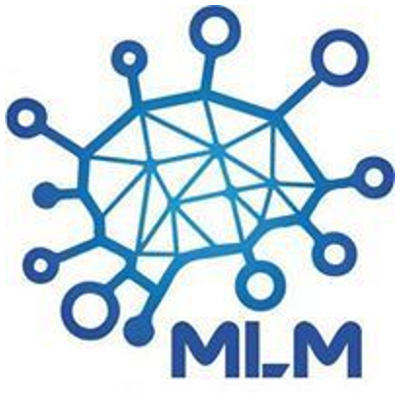
Machine Learning Meetup Torino
Become a Game Developer
05/03/20 — Creando uno Space Shooter - Pre-produzione Pt.11

Become a Game Developer
Wordpress Meetup Torino
13/12/22 — WordPress Torino Meetup 13/12/22 cinque motivi per aprire un blog WP oggi

Wordpress Meetup Torino
CoderDojo Torino2
22/05/21 — Scratchweek2021 Programmiamo La Creativita Divertiamoci Con Scratch
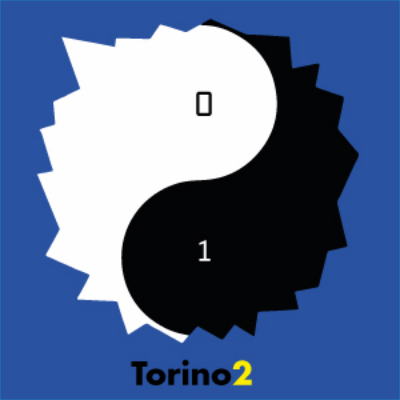
CoderDojo Torino2
Meetup Bitcoin Torino
22/01/20 — Meetup

Meetup Bitcoin Torino
Torino DevOps Meetup Group
19/05/22 — 12 Factor App ovvero "The cloud-native manifesto"

Torino DevOps Meetup Group
JUG Torino
31/05/22 — Infrastructure as code
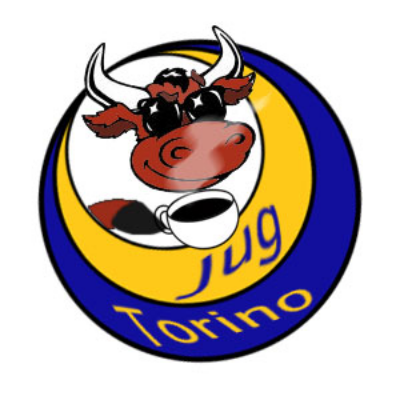
JUG Torino
Turn into Coders
16/03/20 — Torino Tech @ Fablab
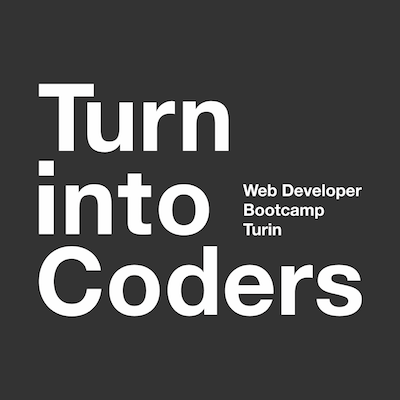
Turn into Coders
Torino .NET user group
30/11/22 — Una chiacchierata da RECORD
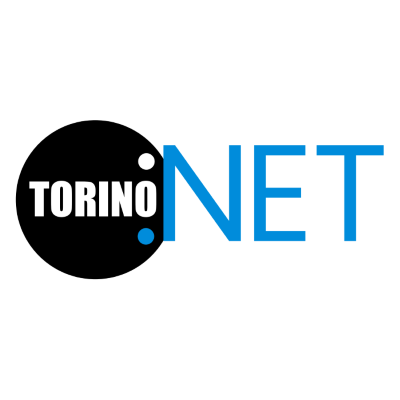
Torino .NET user group
AWS User Group Torino
26/05/22 — Corley AWS Cloud Party

AWS User Group Torino
Big Data & Scala Torino
14/06/22 — Data Quality with Azure Databricks & Databricks Data Lakehouse & Delta

Big Data & Scala Torino
Torino Technologies Group
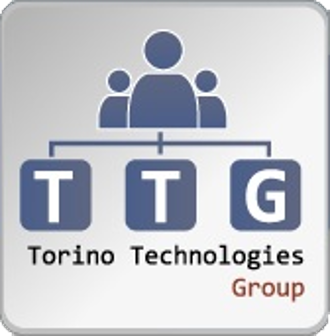
Torino Technologies Group
DataBeers Torino
12/04/18 — DataBeers Torino
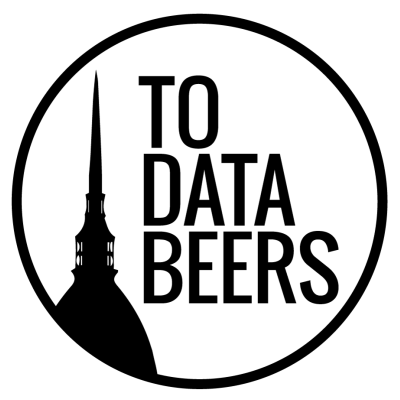
DataBeers Torino
Agile Community Torino
14/12/22 — Futurspective di community come ci miglioriamo il prossimo anno?

Agile Community Torino
Python Torino
27/03/19 — Python Torino

Python Torino
Coding Gym Torino
26/02/20 — Coding Gym Milano - Febbraio 2020
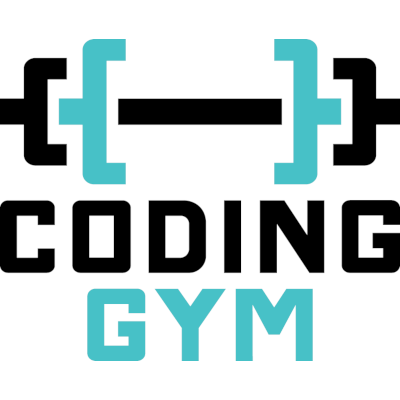
Coding Gym Torino
CNCF Turin
13/12/22 — Party & Games

CNCF Turin
Turin Web Performance Group
23/09/19 — Workshop il futuro della navigazione web con Portals API
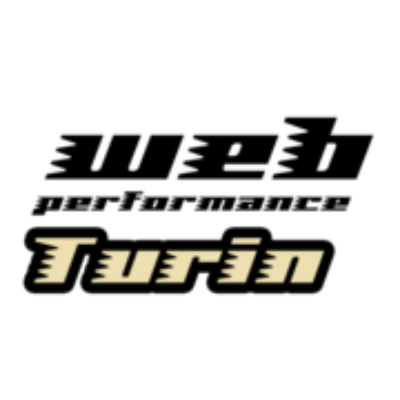
Turin Web Performance Group
Linux Day Torino
27/10/18 — Linux Day Torino 2018

Linux Day Torino
Toolbox Coworking
24/10/20 — FREELANCE DAY 2020

Toolbox Coworking
Torino Coding Society
24/09/19 — TCS - Debito Tecnico? Parliamone!
